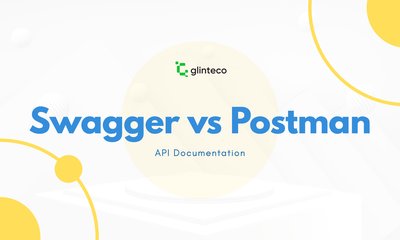What Does on_delete Do on Django Models?
By hientd, at: July 13, 2025, 4:12 p.m.
Estimated Reading Time: __READING_TIME__ minutes


In Django, when you define a ForeignKey, the on_delete argument is required. It tells Django what to do when the referenced object is deleted.
Syntax:
class Book(models.Model):
author = models.ForeignKey(Author, on_delete=models.CASCADE)
If the Author is deleted, Django will follow the rule defined in on_delete to decide what happens to the related Book.
Common on_delete Options
| Option | Description |
|---|---|
CASCADE |
Delete the related object too (e.g., delete all books if author is deleted) |
PROTECT |
Prevent deletion of the referenced object; raises ProtectedError |
SET_NULL |
Set the foreign key to NULL (requires null=True) |
SET_DEFAULT |
Set to the field’s default value |
SET(<function>)</function> |
Set to the result of a callable (e.g., SET(get_sentinel_user)) |
DO_NOTHING |
Do nothing (may cause database errors if not handled carefully) |
RESTRICT (Django 3.1+) |
Prevent deletion if any related object exists |
Example:
class Author(models.Model):
name = models.CharField(max_length=100)
class Book(models.Model):
author = models.ForeignKey(Author, on_delete=models.SET_NULL, null=True)
In this case, if the author is deleted, the book’s author field is set to NULL.
Frequently Asked Questions (FAQs)
Q1. Is on_delete required in Django?
A: Yes. Since Django 2.0, it’s mandatory to define the on_delete behavior when using a ForeignKey or OneToOneField.
Q2. What’s the safest on_delete option?
A: PROTECT is generally safest—it prevents accidental deletion of referenced objects. RESTRICT (in Django 3.1+) is similar but more flexible with complex rules.
Q3. Can I use SET_NULL without null=True?
A: No. If you use SET_NULL, you must also declare null=True on the field, or Django will raise an error.
Q4. What’s the difference between CASCADE and SET_NULL?
A:
-
CASCADE deletes related objects too.
-
SET_NULL keeps related objects but clears the reference to the deleted object.
Q5. What happens if I use DO_NOTHING?
A: Django won’t do anything. But if the database doesn’t support empty foreign keys, it will throw an IntegrityError. You’ll need to handle the deletion manually.
Q6. What’s a real-world use case for SET(get_sentinel_user)?
A: Common in user models when a user is deleted, assign their content to a placeholder “anonymous” or “deleted” user instead of deleting it.


![[Useful Site Review] agent.ai](/media/filer_public_thumbnails/filer_public/e2/bb/e2bb33be-933a-46d0-b36d-2c32c588a74b/agentai_1.png__400x240_crop_subsampling-2_upscale.png)


